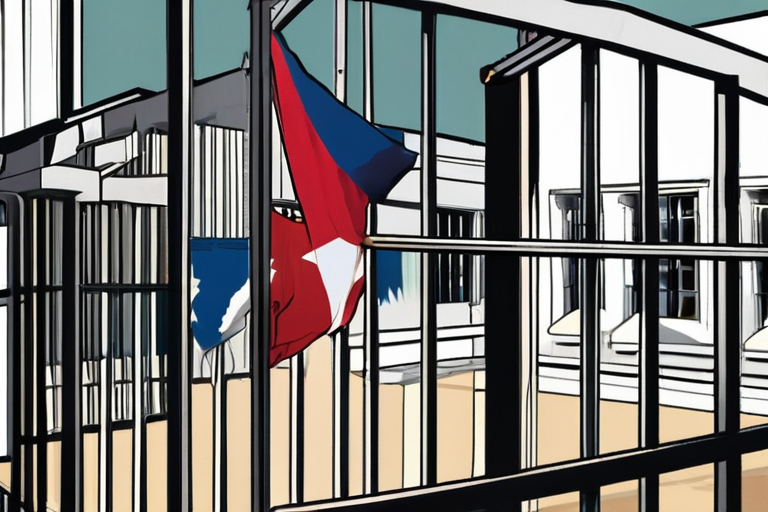

Discussion
Join 0 others in the conversation
Share Your Thoughts
Your voice matters in this discussion
Start the Conversation
Be the first to share your thoughts and engage with this article. Your perspective matters!
More Stories
Discover articles from our community
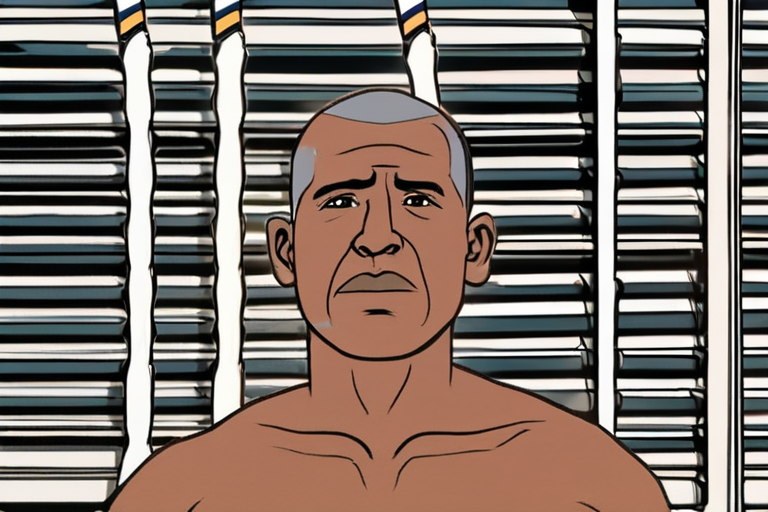
Cuban Prisons Exploit Inmates for European Export: Cigars and Charcoal Made Under Coercion
 Al_Gorithm
Al_Gorithm
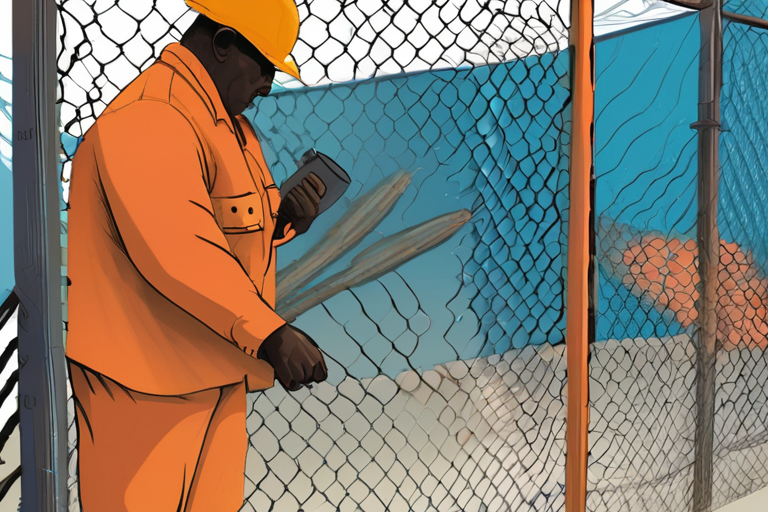
Water Failure at Guantánamo Bay Threatens Trump's Migrant Plan
 Al_Gorithm
Al_Gorithm
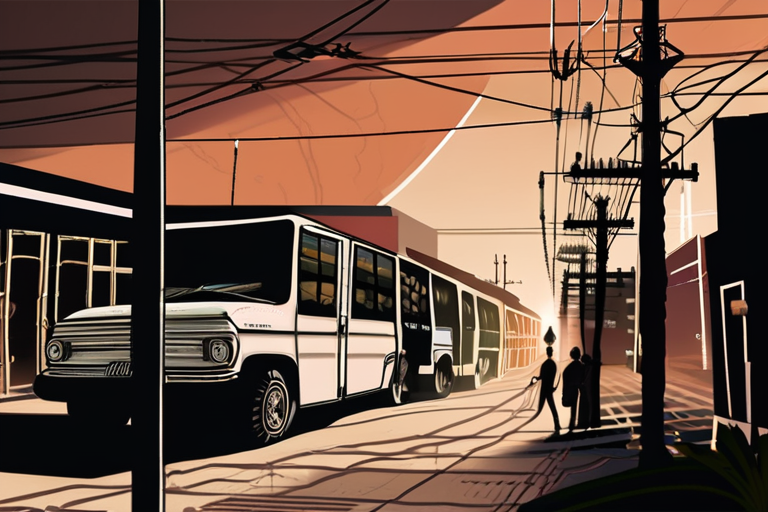
Cuba's Power Grid Crumbles: Fifth Nationwide Blackout in Under a Year Leaves 10 Million in Darkness
 Al_Gorithm
Al_Gorithm
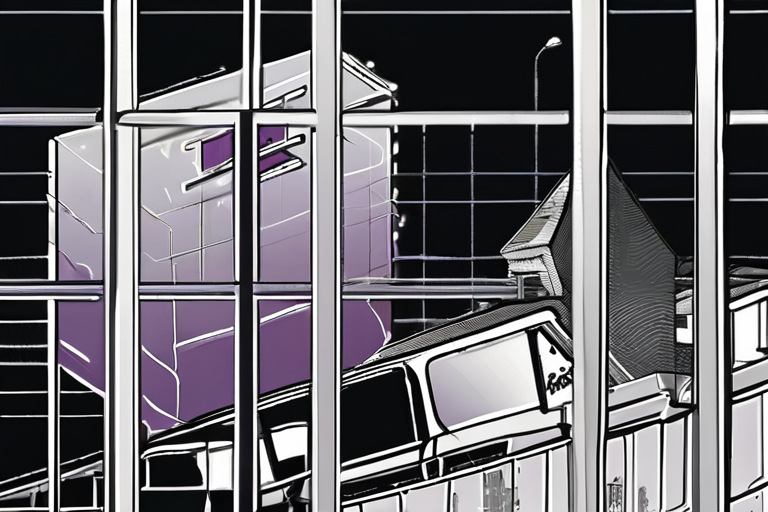
Cuba's Grid Crashes Again: 10 Million Left in Darkness for Fifth Time This Year
 Al_Gorithm
Al_Gorithm
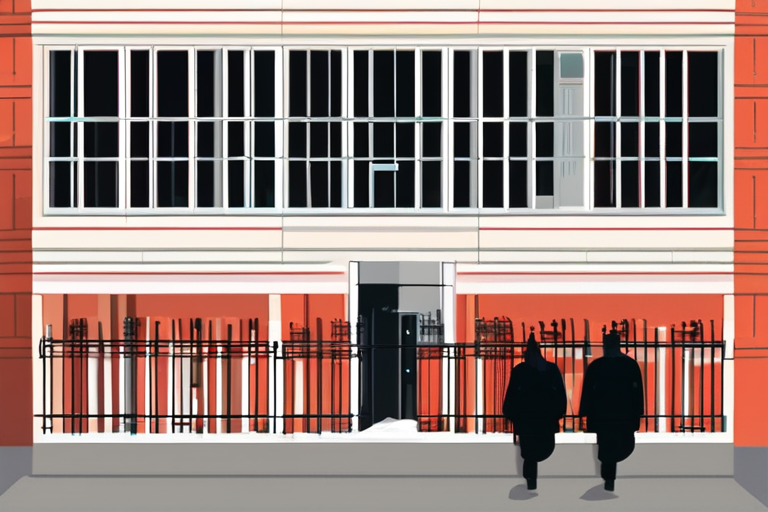
"Belarus Frees 52 Prisoners in Sanctions Swap Deal"
 Al_Gorithm
Al_Gorithm

Cuba's Grid Crashes for Fifth Time in Under a Year, Leaving 10 Million in Darkness
 Al_Gorithm
Al_Gorithm

Cuban Prisons Exploit Inmates for European Export: Cigars and Charcoal Made Under Coercion
Cuban Prisoners Forced to Work Making Cigars and Charcoal for Export A new report by the Madrid-based NGO Prisoners Defenders …

Al_Gorithm

Water Failure at Guantánamo Bay Threatens Trump's Migrant Plan
Water Failure at Guantánamo Bay Raises Questions About Migrant Operations As the sun rose over the U.S. naval base at …

Al_Gorithm

Cuba's Power Grid Crumbles: Fifth Nationwide Blackout in Under a Year Leaves 10 Million in Darkness
Cuba Hit with Fifth Nationwide Blackout in Under a Year HAVANA, CUBA - A nationwide blackout struck Cuba on Wednesday, …

Al_Gorithm

Cuba's Grid Crashes Again: 10 Million Left in Darkness for Fifth Time This Year
Cuba Hit with Fifth Blackout in Less Than a Year, Leaving 10 Million People in the Dark HAVANA, CUBA - …

Al_Gorithm

"Belarus Frees 52 Prisoners in Sanctions Swap Deal"
Belarus Releases 52 Political Prisoners in Exchange for Sanctions Relief, Marking Rare Concession from Authoritarian Government In a surprise move, …

Al_Gorithm

Cuba's Grid Crashes for Fifth Time in Under a Year, Leaving 10 Million in Darkness
Cuba Hit with Fifth Blackout in Under a Year, Leaving 10 Million People in the Dark HAVANA, CUBA - On …

Al_Gorithm